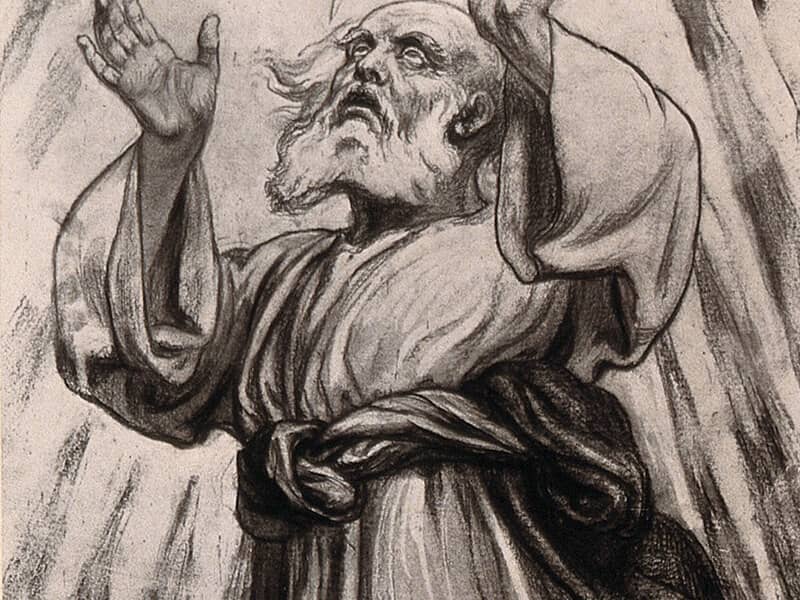Although the Mormon faith does incorporate significant elements of Judaism, its proselytizing of Jews and practice of posthumously baptizing Holocaust victims, have increased tension between the two faith groups.
And so Wiesel, the world’s most famous Holocaust survivor, spoke to an overwhelmingly Mormon audience on the subject of forgiveness.
His speech was a mesmerizing tour de force. Wiesel stood as the face of the greatest tragedy, while he boldly and hauntingly tackled the appropriateness of pardoning one’s tormentors.
Wiesel has been a hero of mine since I was a boy. Not because he was the world’s most famous or articulate Holocaust spokesperson, but because he restored to humanity an authentic relationship with G-d. Before Wiesel, many people of faith had a fake relationship with the Creator, one governed by humble resignation rather than bold affirmation.
Whenever humans were faced with tragedy, they were expected to bow their heads in silent submission. The thought was that G-d is just, even if He remains utterly passive as human beings are turned into pillars of smoke and piles of ash. If you suffered it was because you deserved it.
But through Wiesel was reborn the ancient–and lost–Jewish tradition of wrestling and sparring with G-d. When the Almighty told Abraham He would destroy Sodom and Gomorrah, Abraham lifted his hands toward the heavens and proclaimed, “Shall the judge of the entire earth not practice justice?” And when Elie Wiesel watched six million innocents incinerated in Hitler’s ovens, it kindled his anger at G-d and he wrote haunting books and made daring speeches that shook the heavens in protest.
Some, however, make the terrible mistake of believing that in his defiance Wiesel has abandoned G-d. Last year I even received an irate email from a Christian evangelical correspondent who said that “Elie Wiesel is a heretic who dares to question G-d.” But while our Christian brothers and sisters may be confused by the biblical tradition of challenging G-d, it is Wiesel’s insistence on the rightful place of the individual within the G-d-man relationship that allows for the possibility of intimacy within that relationship.
“In Auschwitz, there was a man in my block who traded in 10 portions of bread for a pair of tefillin that had been smuggled in. And we would all wake up at the crack of dawn to put on the tefillin. We didn’t even have time to say the Shema, just the blessing itself. We knew we’d be beaten if we were caught. But we still never missed putting on the tefillin.”
And as this great man told a story that sent shivers down our spines, it suddenly occurred to me how the world Jewish community had always misunderstood its greatest living son. It treated Wiesel as a colossus because he was the voice of the six million dead, when really he was the flame of their living faith that not even the crematoria of Auschwitz could extinguish. Wiesel did not seek to forgive G-d for his abandonment of the European Jewry during the Holocaust. Forgiveness was not his to bestow; it belongs to the dead. Rather, Wiesel represented the ability of an ancient people to deal harshly with G-d and yet to stand firm in their attachment to Him.
Like the tefillin wrapped around his arm, Wiesel had tethered himself to G-d so tightly that not even SS truncheons could loosen the bond. He might be angry at G-d, but he could never live without Him.

